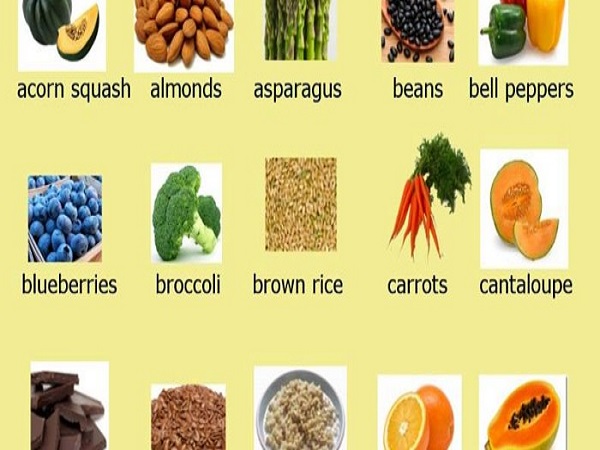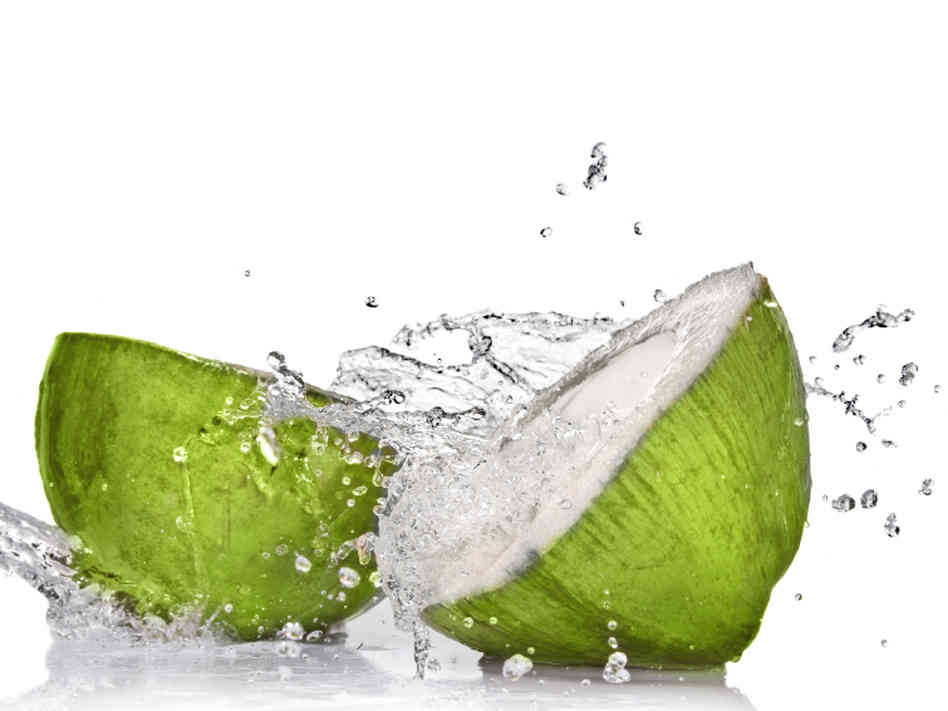15 Amazing Foods That Are Good for the Heart
Cardiovascular diseases are one of the leading causes of death in the world today. An unhealthy diet contributes in large part to an unhealthy heart. While genetics plays an important role, taking control of one’s diet and eating healthy food can in some way stem the onset of this dreaded disease.People who are at risk of cardiovascular diseases are recommended to eat a heart healthy diet and not without reason for there is a direct correlation between the food we eat and the state of our heart. After all a healthy diet is the single most important weapon that we have against heart disease.
So go ahead and eat your way to a healthy heart with these 15 wonder foods.

Image : Source
1. Fish
Fatty fish like salmon, tuna, herrings and sardines are rich in omega 3 fatty acids, an essential fatty acid that increases the level of good cholesterol in the body. Omega-3 fatty acids reduce inflammation, reduce blood clotting, lowering blood pressure all of which go on to protect the heart. Salmon is especially rich in omega 3 fatty acids and selenium, a powerful antioxidant that protects the heart. Herring is rich in EPA (eicosapentaenoic acid) and DHA (docosahexaenoic acid), fatty acids which reduce inflammation. Go for fresh fish rather than the tinned versions as they contains huge amount of sodium.
2. Avocado
Avocadoes are choc-a-bloc with mono-saturated fats which have the capacity to lower bad cholesterol in the body while at the same time increasing the amount of good cholesterol in the body. In addition to this, avocadoes also contain a healthy dose of phytochemicals ad essential nutrients which contribute to a healthy heart.
3. Nuts
Nuts contain a host of ingredients which protect the heart from various cardiovascular diseases. Nuts are rich in monounsaturated and polyunsaturated fats that lower the levels of bad cholesterol in the body. Nuts contain L-arginine, which helps to keep the artery walls flexible and prevent the accumulation of blood clots. Vitamin E, another ingredient in nuts prevents the formation of plaque on the artery walls that is a major cause of heart disease.
4. Yoghurt
Gum diseases are indirectly responsible for an increased incidence of heart diseases. It is seen that people with unhealthy gums are more likely to suffer from heart diseases. The probiotics contained in yoghurt destroy the unhealthy bacteria’s residing in the mouth contributing to healthy gums and a healthier heart.
5. Chocolates
Chocolates especially dark chocolates are rich in flavonoids. Flavonoids are a group of plant compounds that inhibit inflammation, reduce atherosclerosis and reduce oxidative stress all of which contribute to a healthy heart. Cocoa also has the ability to lower blood pressure because of the presence of epicatechin – a compound that increases the production of nitric oxide which is necessary for the proper functioning of blood vessels.
6. Green Tea
Like chocolates, green tea contains flavonoids which are powerful antioxidants that help to protect the heart from a myriad of diseases. Recent research also suggests that green tea can help prevent atherosclerosis. Damage to the endothelial cells (the inner lining of blood vessels) can lead to atherosclerosis and green tea by protecting the endothelial cells protects the heart indirectly.
7. Berries
Berries, be it raspberry, strawberry, blueberries are all a treasure trove of antioxidants. Berries contain polyphenols which increase the level of nitric oxide in the body. Nitric oxide in turn helps the blood vessels to relax thus lowering blood pressure. While strawberries are particularly rich in free radical fighting antioxidants, blueberries are crammed with resveratrol, a powerful antioxidant and flavonoids both of which have the capacity to stave off coronary diseases.
8. Soy products
Soy is an absolute super-food with soya bean protein being the only plant based protein that provides all the essential amino acids required for overall health. Soy contains absolutely no saturated fat, hence a good option for people looking for a heart friendly diet. In contrast to animal milk which contains cholesterol, soy milk contains isoflavones, a compound which has the ability to reduce cholesterol. Those looking to reduce cholesterol form their diet can thus consume soy milk.
9. Chia
Chia seed, a plant native to Mexico, is super rich in omega 3 acids. Chia seeds are also a rich source of fiber, proteins and minerals all of which contribute to lowering the triglyceride and cholesterol levels in the body. Consuming a handful of chia seeds daily will therefore not only reduce the bad cholesterol in your body but also decreases plaque formation in the arteries which is the cause of many coronary diseases.
10. Oats
It’s a great idea to start one’s day with oatmeal. Oats contain omega-3 fatty acids, folate, and potassium. Oats are rich in dietary fiber which bind with cholesterol in the gut and eject them out of the body thus lowering the overall amount of cholesterol in the body. The antioxidants present in oats absorb the bad cholesterol thus keeping the artery walls free of fat deposits.
11. Whole grains
Whole grains should be included in one’s diet if one is to maintain a healthy lifestyle. In addition to soluble dietary fiber whole grains contain antioxidants, phytosterols and phytoestrogens. Fiber as it travels through the gut absorbs fat molecules and expels them from the body thus reducing the possibility of heart disease. However skip the over processed grains as they have been shorn of their essential vitamins and nutrients.
12. Legumes
Legumes are excellent for the heart as they are low in cholesterol and are full of proteins. Legumes contain omega 3, fiber, calcium, vitamins and zero fat – all the ingredients necessary for a healthy heart. Beans contain flavonoids which prevent blood clots from forming thus protecting us from heart attacks and strokes. They contain soluble fibers which bind to the cholesterol and help flush it out of the body. Regularly having 2-3 servings of beans a week can considerably lower your risk of coronary diseases.
13. Flax seeds
Flax seeds are a powerhouse of omega 3 fatty acids. It is rich in dietary fiber, which significantly lowers cholesterol and leads to overall digestive health. Not only that, flax is a great source of lignan, a natural antioxidant which destroys free radicals.
14. Vegetables
Green vegetables are naturally rich in vitamins and other beneficial nutrients. Leafy vegetables are rich in lutein and studies show that more the lutein intake, lesser is the thickening of the artery walls thus decreasing the chances of one suffering from atherosclerosis. Asparagus apart from containing folate, vitamins C and D also contains saponins, a phytonutrient which has anti-inflammatory properties. Broccoli is another of those good veggies which contain a lot of antioxidants.
15. Apples
Apples are rich in quercetin, epicatechin, epigallocatechin – compounds that inhibit the bad cholesterol from oxidizing which in turn leads to build-up of plaque on the arteries walls. Apples also contain pectin, a soluble fiber that binds itself to the bad cholesterol in the gut and allows it to be egested out of the body thus reducing overall cholesterol levels in the body.


